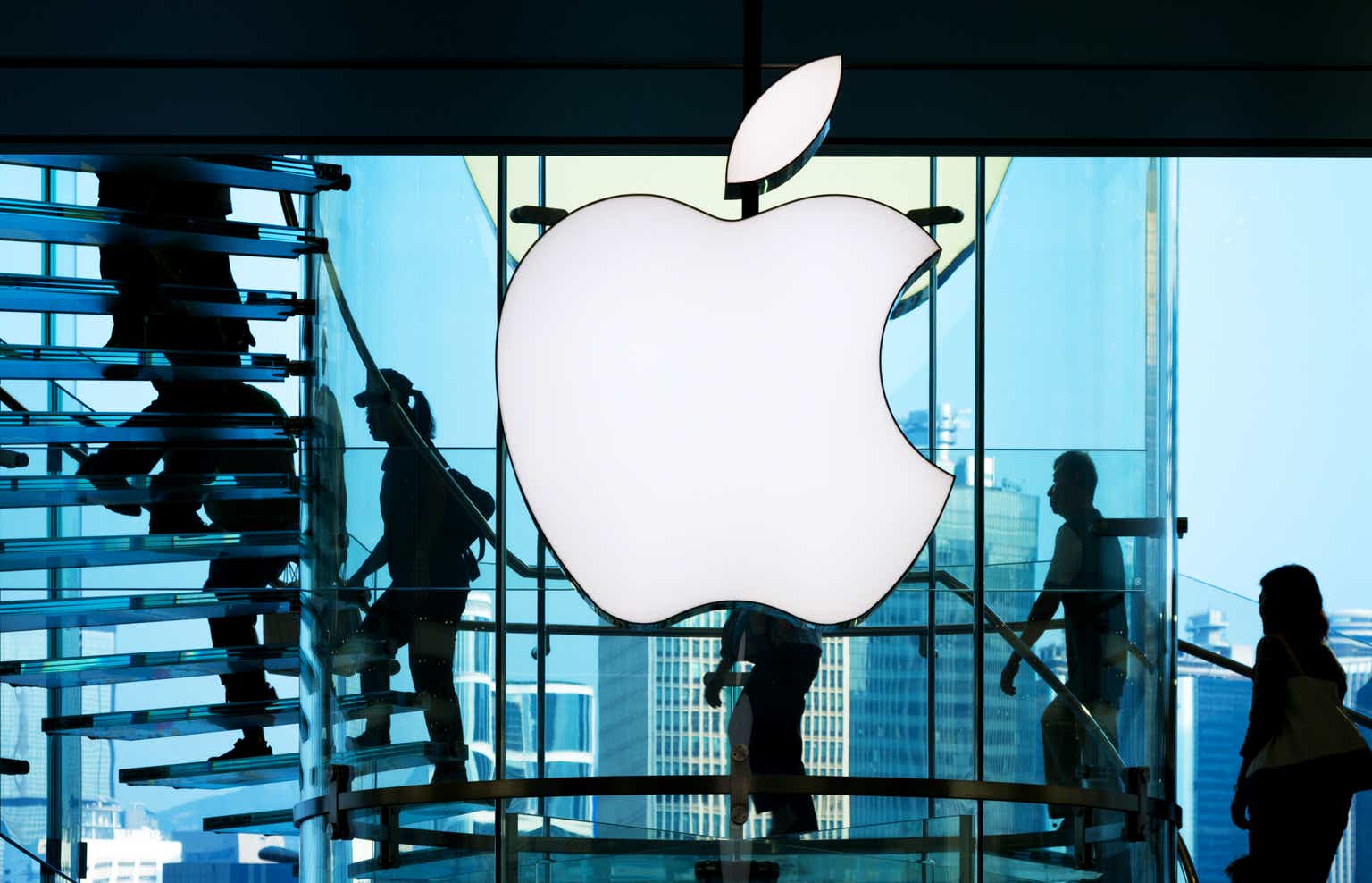They say God made man in his own image. Extending the same logic, promoters often create companies in their own image, or convert existing companies to resemble them after an acquisition. Think Yvon Chouinard, founder of outdoor fashion brand Patagonia, who has given away his company to a charitable trust so that the free cash flows can be used to fight climate change. On the other side of the fence, there is Elon Musk who bought over Twitter on the promise of allowing free speech and then promptly fired thousands of employees, including those who had criticised him on social media.
But here’s the rub: often what you see in a company is not what it actually is. The persona it presents in its interface with the public often masks its real personality. Many companies provide superior products or services, endearing them to consumers, which translates into improved bottom lines and rising market capitalisation. But underneath the hood lies a completely different organism, with a fetid work culture and a dodgy corporate governance framework.
You might also like
RIL, Nykaa eye promoter stake in TCNS
5 questions over India’s emission plan at COP27
Why is GST revenue running ahead of overall economy?
Is there any shine in BHEL outlook?
This was because received wisdom from academics and management consultants created a single-minded focus on increasing shareholder value, often at the exclusion of everything else; persuasive management theory espoused by business school professors and management consultants in articles and books reinforced this idea repeatedly. But after the 2008 financial crisis, the mood changed and, along with it, the focus also shifted from shareholders to stakeholders. Many companies were forced to introspect and change their behavioural patterns. Activist investors also catalysed the process.
The revelations about Singapore Airlines (see Financial Times) and its historic treatment of women cabin crew members have surprised its legions of dedicated customers and admirers. Singapore Airlines distinguished itself from the rest of the aviation industry by providing superior service in the air, employing pleasant crew members to serve its passengers. Anybody who has travelled on a Singapore Airlines trans-Pacific flight – Singapore to Los Angeles or Singapore to San Francisco – will vouch for the cabin crew’s outstanding service quality.
But very few passengers, or admirers, knew that the airline actively discriminated against its female workforce, especially its women flight attendants. It routinely sacked employees who became pregnant; they had to leave after the first trimester. The airline last month overhauled this rule, allowing expectant cabin crew members to seek an assignment on the ground and receive maternity leave and benefits as well. The airline has forwarded no reasons for this change of heart, but SnapView would like to offer three possible reasons.
First, the existing joint venture with the Tata Group could have influenced Singapore Airlines to discard this atavistic rule. In Air India, which the Tata Group recently acquired from the government, union action over the years has forced the company to abolish discrimination against pregnant staff members. This rule now seems irrevocable. With a sizeable equity stake in the Tata aviation joint venture and a significant role in daily operations, Singapore Airlines can ill afford to have two sets of rules for two different geographical jurisdictions. With talent moving across borders seamlessly, it has to harmonise and align its personnel rules across the globe.
Two, there is now increasing scrutiny of what goes on inside a company, especially whether the company has ethical rules for dealing with its various stakeholders – such as staff, vendors and sales agents. Increasingly, equity investors and lenders, including bond investors, are very particular about the compliance record of a company they are investing in. This now applies to even staffing: talent across the world is becoming choosy about the company it selects to work in. Singapore Airlines may have been forced to keep up with competing airlines.
The third reason might spring from a completely selfish place. Singapore Airlines, like many other leading airlines in the world, had sacked broad swathes of its staff during the pandemic: from cargo-handling to passenger-facing employees. With post-covid travel picking up rapidly, the airline needs to ramp up hiring and retain staff; the outdated pregnancy rule may have acted as a hurdle and needed to be discarded.
Whatever the reasons, the corporate world is today, by and large, a fair and just place. It is possible that islands of legacy discrimination still exist and companies should proactively scan their policies and weed these out. Each airline has a significant chunk of human relations cadre; these experts in human relations should become the touchstone for change, evangelists for converting their company into an ideal corporate citizen which will set impeccable ethical standards that apply equally to shareholders, employees, board members, vendors and customers.
Elsewhere in Mint
In Opinion, Vivek Kaul says we question the hawks but spare the ultra-soft doves of monetary policy. Rahul Matthan’s got a fix for free-speech problem on social media. Niranjan Rajadhyaksha makes a case for MPC to slow down its rate action. Long Story gets into the mad rush for EVs.
Download The Mint News App to get Daily Market Updates.
More
Less















